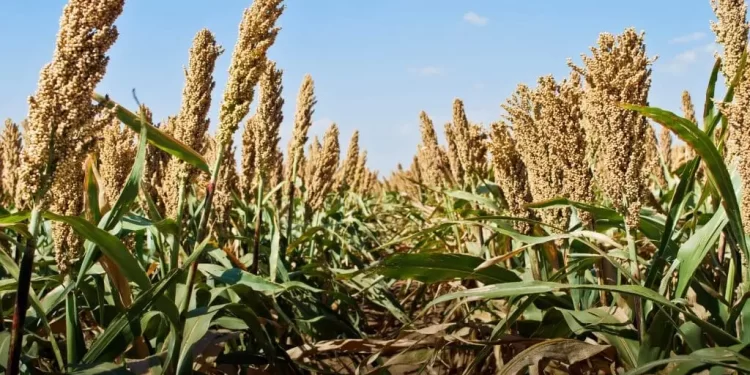Value of trading activity dropped by 45% in 2023

The Ghana Commodity Exchange (GCX) has reported a substantial decline in trading activity for 2023, with total trade value falling to GH₵11.3 million — a 45% decrease from GH₵20.7 million in 2022.
This downturn, detailed in the 2023 Financial Stability Review, underscores the economic and environmental challenges facing Ghana’s agricultural market.
GCX’s traded commodities include maize, soybeans, sorghum, sesame, rice, and cashews. The overall decline reflects the impacts of macroeconomic instability and adverse climate conditions, both of which have influenced price dynamics and market performance.
The number of contracts traded on GCX also saw a marked reduction, with only 2,206 contracts executed in 2023—a 36% drop compared to the previous year.
Similarly, the trading volume fell significantly from 5,585.26 metric tonnes in 2022 to 2,488.17 metric tonnes in 2023.
Despite the downturn, maize remained the primary commodity, accounting for 93% of the total trade volume and even experiencing a 22% increase in transactions, which stands in contrast to the overall decline.
Amid the challenging figures, the GCX Graded Commodity Index (GCX-GCI) displayed resilience, ending the year with a yield of 7.14%.
This index monitors the prices and returns of graded maize and soybeans across eight delivery centres, buoyed by stable infrastructure and consistent warehouse capacity maintained over the past three years.
Supporting initiatives, such as the Commodity Aggregation Development Fund (CADeF) and the GCX Aggregation Support Scheme (GASS), have been crucial in fostering trade activity.
These programmes offer essential funding to commodity aggregators, enabling direct procurement from smallholder farmers and bolstering market liquidity, which continues to be vital for sustaining the sector through challenging times.










